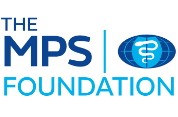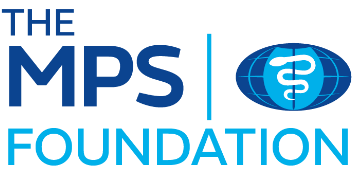The MPS Foundation is proud to support the publication of a groundbreaking white paper, developed in collaboration with leading research organisations, that calls on governments, AI developers, and regulators to ensure that artificial intelligence reaches its full potential in healthcare. With the healthcare sector being one of the largest areas for AI investment globally, this white paper provides essential insights into how AI can be used to make healthcare systems more efficient and responsive.
The white paper – a collaboration between York University’s Centre for Assuring Autonomy, the MPS Foundation, and the Improvement Academy hosted at the Bradford Institute for Health Research – says the greatest threat to AI uptake in healthcare is the ‘off switch’. If frontline clinicians see the technology as burdensome, unfit for purpose or are wary about how it will impact on their decision-making, their patients and their licences, they may refuse to use it.
Among the main concerns raised in the research is that clinicians could become ‘liability sinks’, absorbing all the legal responsibility for flawed AI-driven decisions. The white paper is based on findings from the Shared CAIRE (Shared Care AI Role Evaluation) research project, which was funded by The MPS Foundation, and assessed the impact of AI decision-support tools on clinicians. The project, a partnership with the Improvement Academy at the Bradford Institute for Health Research and the University of York, brought together experts in safety, medicine, AI, human-computer interaction, ethics, and law.
The white paper presents seven clear recommendations, including a call for:
- Urgent reform to product liability, due to significant difficulties in applying the current product liability regime to an AI tool.
- AI tools to provide information rather than recommendations to clinicians. This will reduce the potential risk to both clinicians and patients, prior to product liability reform.
- Clinicians to be fully involved in the design and development of the AI tools they will be using to ensure they are usable, useful, and safe.
The white paper’s authors urge the Government, AI developers, and regulators to urgently consider these recommendations.


Leave a commentOrder by
Newest on top Oldest on top